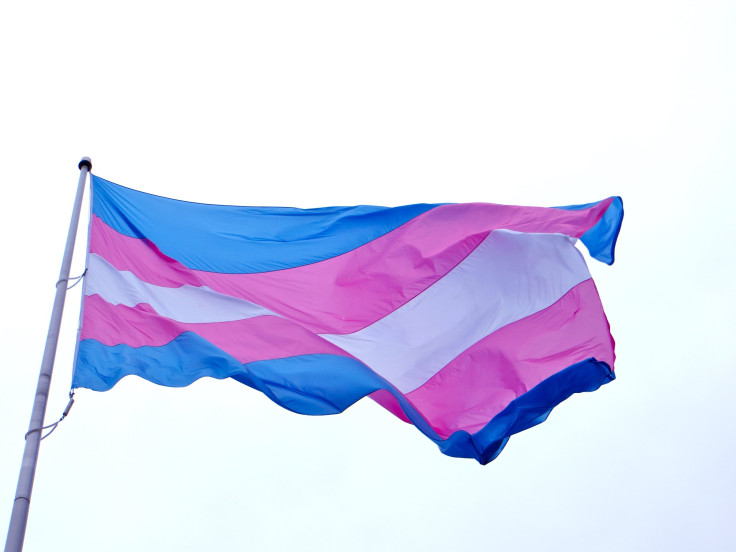Social Support, Self-Acceptance, And Compassionate Medical Care Protects Transgender Individuals From Suicide

For the general population, suicide is a real if somewhat abstract danger, with the 41,449 deaths seen in 2013 making it the tenth leading cause of death in the United States that year. Likewise, a 2008 study of 17 countries found that around 9 percent of people have contemplated, planned, or attempted suicide in their lifetime.
That danger becomes especially magnified for individuals on the LGBT spectrum, however, with some preliminary research on suicide ideation rates among these populations ranging from 20 to 50 percent.
Transgender people, in particular, are susceptible to suicide, yet little research has been conducted on why they think about it and about what helps bring them back from the brink. Now, a recent study published in Psychology of Sexual Orientation and Gender Diversity has sought to do just that, illuminating the protective factors against suicide they rely on through detailed interviews with over a hundred transgender individuals living in Canada.
"Identifying factors that protect transgender people from suicide is critical," said study author Nathan Grant Smith, associate professor in the University of Houston College of Education, in a statement. "Our research showed that social support, self-acceptance, and access to health care that affirms their gender identity, among other factors, were all protective against suicidality."
The interviews, which were conducted online and anonymously, revealed both enlightening and heartbreaking details about the struggles that transgender individuals face. 57 percent reported experiencing thoughts about suicide “sometimes” to “very often” in the last year; almost 45 percent admitted to devising a suicide plan; and 26 percent had attempted it at least once.
When the participants, 133 in total, all over the age of 18, were asked about what prevented them from either going through with it or not thinking about suicide at all, the authors found common themes.
"The fact that I have lots of really supportive friends and a number of friends with whom I have really meaningful relationships has made all the difference," said genderqueer Bronze (all subjects were labeled by color). "Without this, I would for sure already be dead."
Others pointed to their own self-validation, as with transwoman Coral. "I have not felt suicidal since openly questioning [my] gender." she said. "Now that I understand who I am, I don’t want to think about not being here."
Some highlighted their spiritual, though not necessarily religious beliefs, their role in the trans* community, and being free to present their gender identity to the outside world as other motivating factors.
Of particular interest to medical professionals was the authors’ finding that helping people transition can dramatically reduce their feelings of isolation and suicide ideation by aligning their gender identities with their physical selves. "Thus, access to transition-related care and being able to transition (legally, socially, and/or medically) is indeed life saving for many trans individuals," they wrote.
No study is perfect, however, and the authors expressed disappointment with not being able to conduct any follow-up interviews nor include the perspectives of more diverse individuals (all the subjects were white).
Still, the study, building on top of an earlier study which analyzed the same survey data, promises to be an "unique contribution to LGBT psychological research," according to the authors. One that tries to "honor trans adults’ voices regarding suicide protective factors."
Source: Moody C, Fuks N, Peláez N, et al. “Without This, I Would for Sure Already Be Dead”: A Qualitative Inquiry Regarding Suicide Protective Factors Among Trans Adults. Psychology of Sexual Orientation and Gender Diversity. 2015.



























